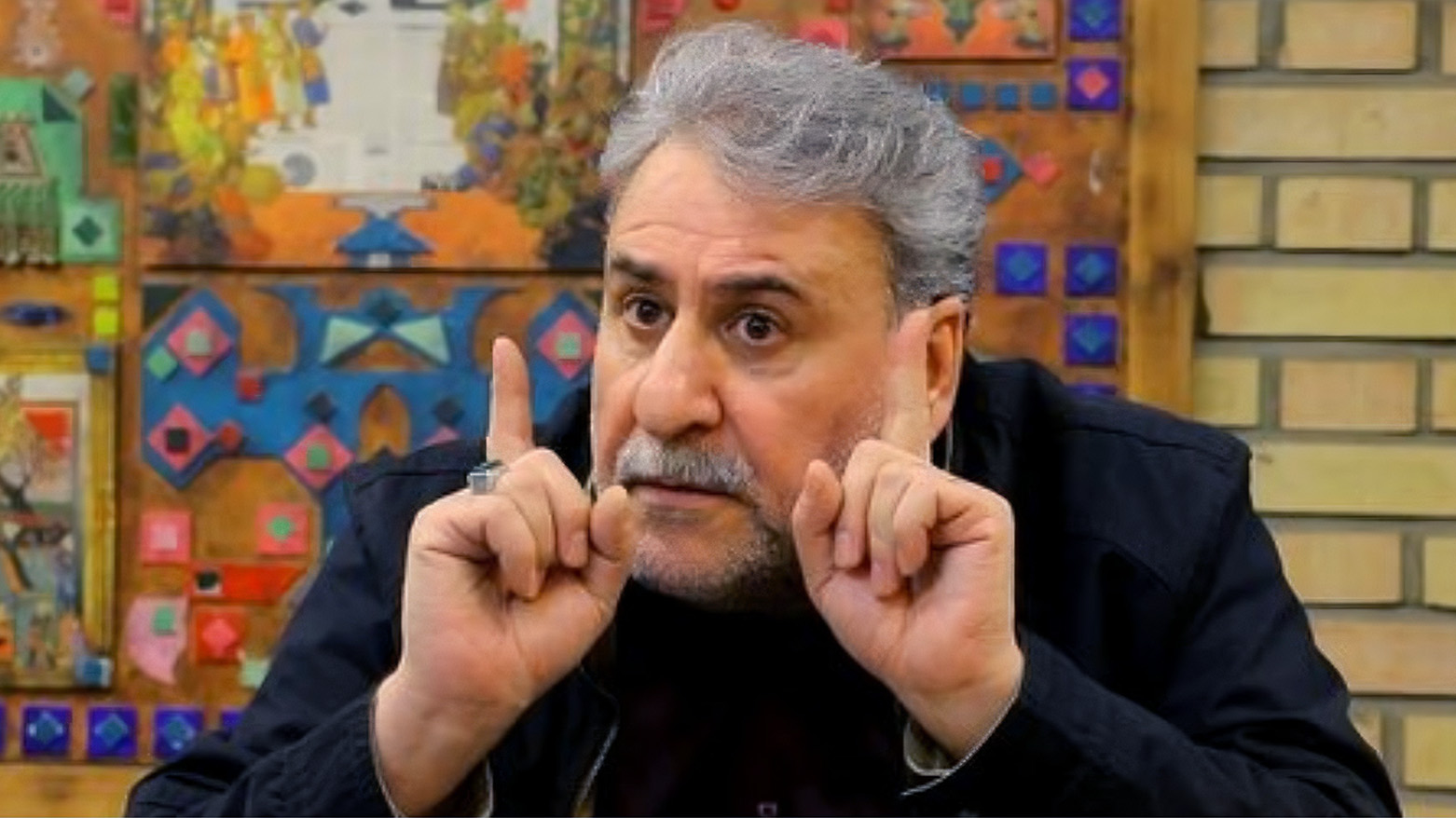Iran's Ex-Top Security Official Issues Stark Warning Over Ceasefire Fragility
Iran’s ex-security chief warns collapse of Iran-Israel ceasefire could trigger “most suicidal war in history.” Heshmatollah Falahatpisheh urges diplomacy, slams Western arms buildup, and claims Iran hasn’t yet used its most destructive military tools.

By Kamaran Aziz
ERBIL (Kurdistan 24) — In a stark warning on the future of regional security, Heshmatollah Falahatpisheh, former head of the Iranian Parliament’s National Security Commission, stated that if the fragile ceasefire between Iran and Israel collapses, the world could face "the most suicidal war in history."
His remarks were delivered in an extended interview with the Iranian Labour News Agency (ILNA), in which he criticized Western militarization in the region, questioned international legal accountability, and emphasized the role of the Iranian public in national defense.
Falahatpisheh, a professor of international relations and seasoned political figure, argued that what exists between Tehran and Tel Aviv is not a genuine ceasefire. “I believe there is no such thing as a ceasefire between Iran and Israel,” he said.
“The two sides have only halted their operations, and meanwhile, there is a third actor named the United States that is allegedly trying to maintain calm in the current situation.”
He speculated that "unofficial negotiations" or message exchanges might be underway to lay the groundwork for broader talks, but emphasized that absent a concrete framework, renewed conflict is highly likely.
Warning of Escalation: ‘Most Destructive Tools’ Yet to Be Used
Falahatpisheh warned that continued Western arms buildup in Israel could provoke Israeli Prime Minister Benjamin Netanyahu into launching a new war, which would prompt Iran to deploy its most devastating military capabilities.
“One of the reasons that Iran, unlike the United States and Israel, defended in a managed manner was that there was a possibility of returning to negotiations,” he said. “But if the accumulation of Western military arsenals in Israel leads to Netanyahu being provoked into a new war, I believe the Iranians will use their most destructive tools, and this time, any aggressor will be attacked.”
“I say with information that the more destructive part of these tools has not yet been used by Iran,” he added, suggesting a qualitative shift in Iran’s retaliatory strategy if hostilities resume.
Nuclear Facility Attacks as ‘Crimes Against Humanity’
The former MP also addressed what he described as legal and ethical violations by the U.S. and Israel during the recent conflict.
He declared that the attack on Iran's nuclear facilities constituted a crime under the Rome Statute. “The attack on Iran's nuclear facilities is considered a crime against humanity under the Rome Statute, and in my opinion, Trump and Netanyahu should independently be prosecuted in the International Criminal Court,” he asserted.
He condemned what he called a failure of international institutions to respond adequately, singling out Rafael Grossi, Director General of the International Atomic Energy Agency (IAEA).
“Grossi has not fulfilled his duties… No official from international organizations has been as much a harbinger of war between nations as Grossi,” Falahatpisheh said.
He accused Grossi of inciting conflict and portraying Iran as a nuclear threat while remaining silent on the attacks against Iranian facilities.
The Role of the Iranian People: ‘Main Surprise of the War’
Falahatpisheh credited Iran’s performance in the 12-day war to the resilience of its people, particularly young fighters who, he claimed, leveled the battlefield despite the technological superiority of U.S. and Israeli forces.
“Iranians, who were caught off guard in the first days, managed to equalize the war to a point where a ceasefire was established from an equal position. The main surprise of this war was again the Iranian people and the young fighters who risked their lives,” he said.
He added that the Iranian public prevented the conflict from becoming one-sided, stating: “Those who managed this unequal war in Tel Aviv and Washington… witnessed the sacrifices of young Iranians who, under the most difficult conditions, prevented this war from becoming unequal.”
Call for Unity and Criticism of Domestic Extremists
Turning his attention inward, Falahatpisheh urged Iran’s government to listen more closely to its citizens and avoid empowering what he called “extremists” who had distracted the nation with trivial issues such as “anti-dog-walking campaigns” shortly before the war.
“Instead of once again giving the podiums and decision-making institutions of the country to extremists, the entire government policy must be shaped around the will of the people,” he stated.
He criticized the national leadership for ignoring early warnings about Israeli drone activities allegedly operating inside Iranian territory.
“A week before Trump’s deadline expired, I gave an interview, but no one listened. The main concern of the country had become dog-walking, while Israel was building drones inside our own country,” he said. “This is a betrayal that some extremists commit against the country.”
Negotiation, Not Escalation
Despite his combative tone, Falahatpisheh concluded with a note of pragmatic caution, calling for negotiations to be conducted on fair and equitable terms.
“I hope my statement, which is based on real data, will bring Americans to the negotiating table—one that is set fairly, not like the previously unfair arrangements,” he said.
His comments underscore the intense volatility that continues to define the Iran-Israel conflict and reflect the broader uncertainty gripping the region as diplomatic efforts remain precariously balanced between escalation and dialogue.
